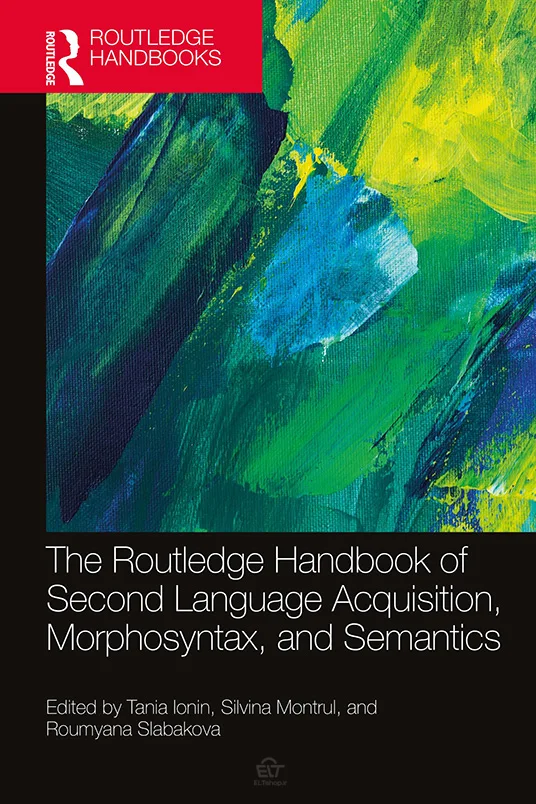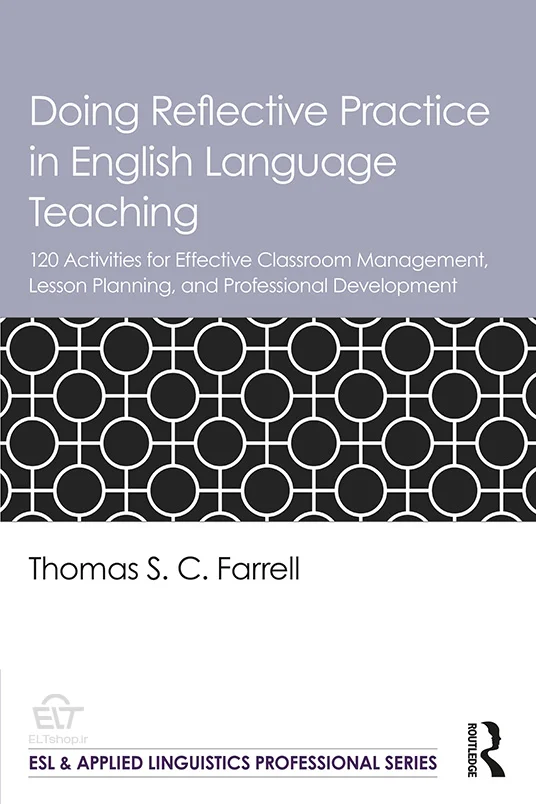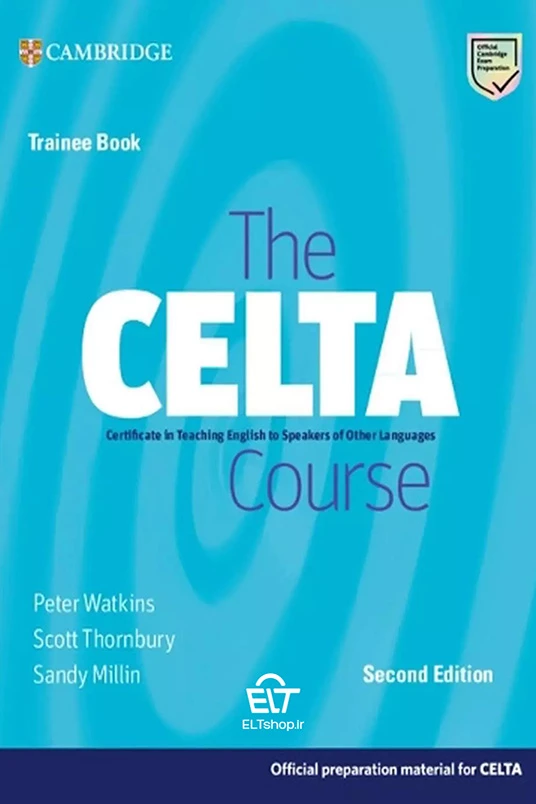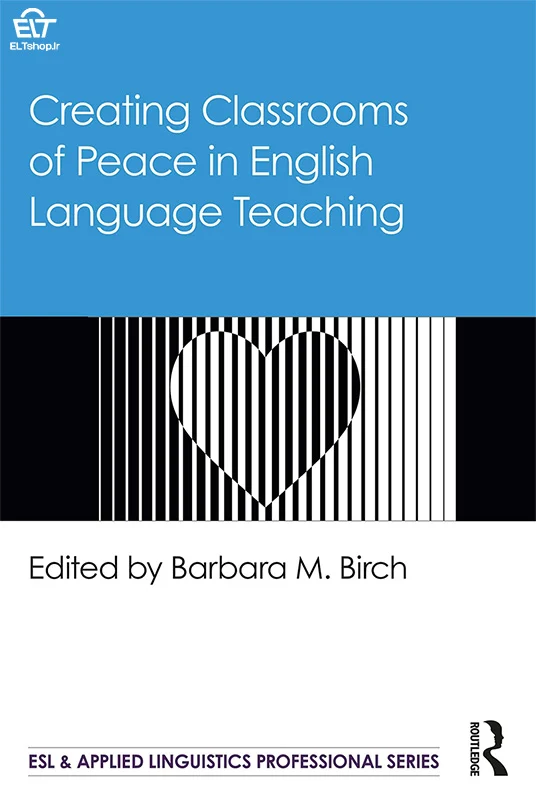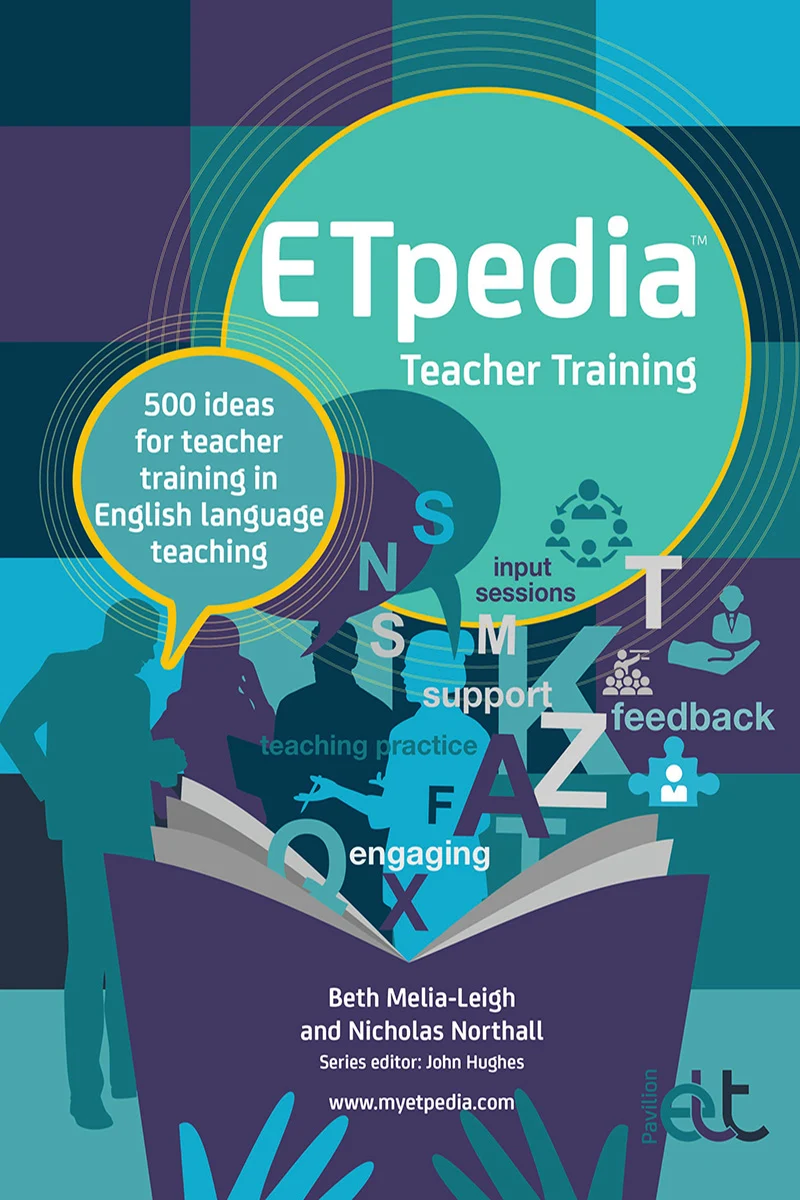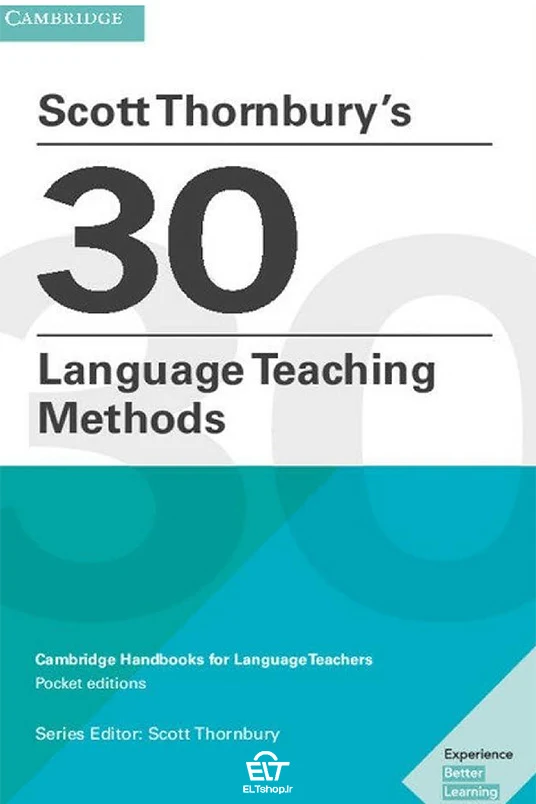This handbook provides innovative and comprehensive coverage of research on the second language acquisition (SLA) of morphosyntax, semantics, and the interface between the two.
Organized by grammatical topic, the chapters are written by experts from formal and functional perspectives in the SLA of morphosyntax and semantics, providing in-depth yet accessible coverage of these areas. All chapters highlight the theoretical underpinnings of much work in SLA and their links to theoretical syntax and semantics; making comparisons to other populations, including child language acquirers, bilinguals, and heritage speakers (links to first language acquisition and bilingualism); dedicating a portion of each chapter to the research methods used to investigate the linguistic phenomenon in question (links to psycholinguistics and experimental linguistics); and, where relevant, including intervention studies on the phenomenon in question (links to applied linguistics).
The volume will be indispensable to SLA researchers and students who work on any aspect of the SLA of morphosyntax or semantics. With its coverage of a variety of methodologies and comparisons to other populations (such as child language acquirers, early bilinguals, heritage speakers, and monolingual adults), the handbook is expected to also be of much interest to linguists who work in psycholinguistics, first language acquisition, and bilingualism.
